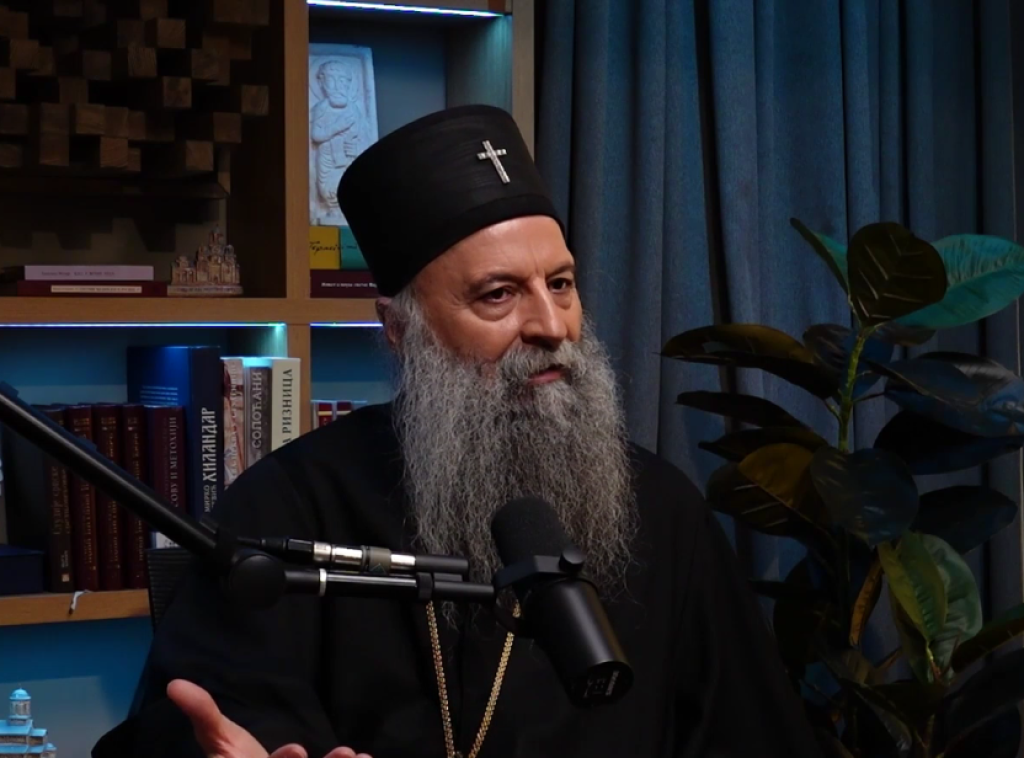RHMZ: Umeren sneg u Beogradu, Valjevu i Smederevskoj Palanci, na jugu Srbije ledena kiša
7. januar 22:21

22. mart 2023 18:43
podeli vest
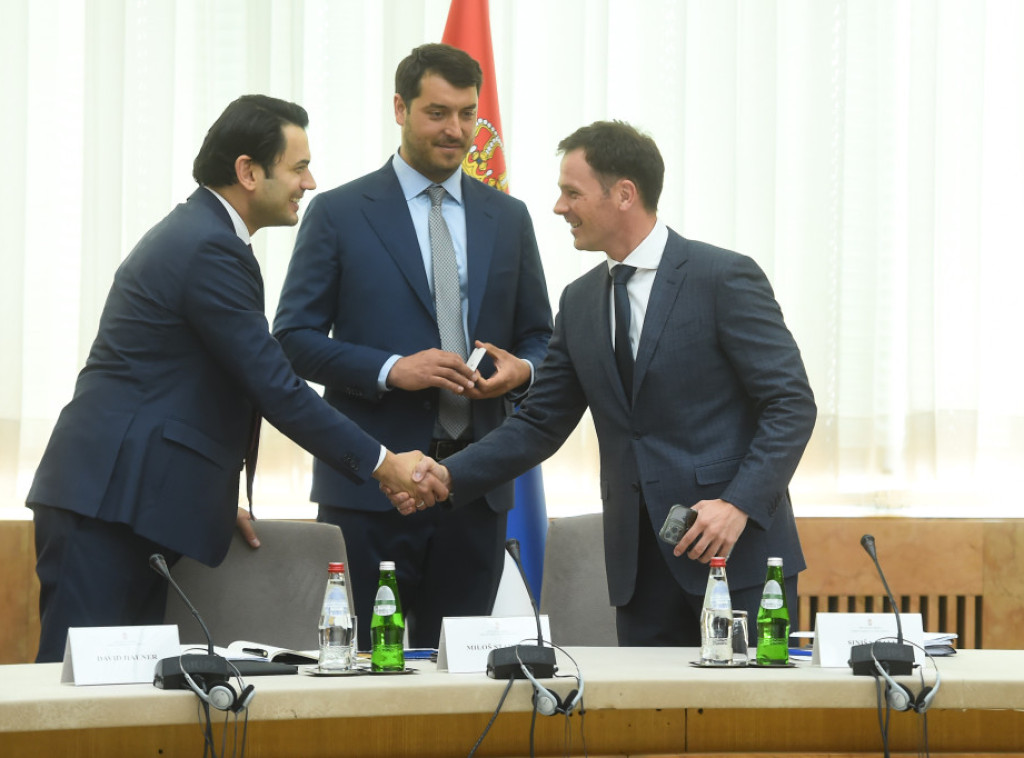
Foto: TANJUG/STRAHINJA AĆIMOVIĆ
BELGRADE - Serbian Deputy PM and Finance Minister Sinisa Mali met on Wednesday with representatives of the Bank of America and more than ten European and US investors interested in investing in Serbia and the region.
The meeting at the Palace of Serbia addressed Serbia's attractiveness as an investment destination and the stability of its public finances, its position in the context of the current geopolitical developments and its path to the EU, the Finance Ministry said in a statement.
The investors expressed additional interest in planned investments in the energy sector, Serbia's activities in the international capital market and efforts to attain investment-grade rating.
The parties also discussed the Open Balkan initiative, which implies a region without borders and contributes to growth across the region, the statement said.
Mali said Serbia had registered FDI inflow of 4.4 bln euros last year and had received around 60 pct of the total foreign investments in the region.
He said his government was determined in its objective to direct substantial funds to public investments and that as many as 10 motorways were under construction in the country, further boosting its attractiveness.
Mali outlined the state of Serbia's public finances and noted that Serbia was a fully stable economy despite challenges and that it had become an attractive investment destination in the past several years.
He also said Serbia had registered 2.3 pct GDP growth last year and noted that, cumulatively, the Serbian economy had been one of the fastest-growing economies in Europe during the crisis times over the past several years.
Mali said that, in absolute terms, Serbia's GDP had totalled a record-high 60 bln euros last year and was expected to reach 68 bln euros this year.
He said the Serbian economy was resilient and registering growth.
Mali said that, for several consecutive years prior to the coronavirus pandemic, Serbia had had a budget surplus and sufficient space to help businesses and citizens with a fiscal stimulus package worth as much as 9 bln euros.
That way, jobs were preserved and the unemployment rate is now at an all-time low, he said.
7. januar 11:34

7. januar 11:00

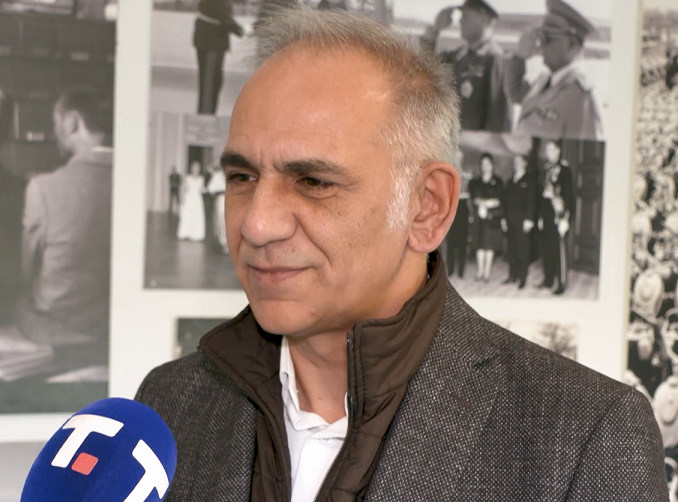
7. januar 10:07
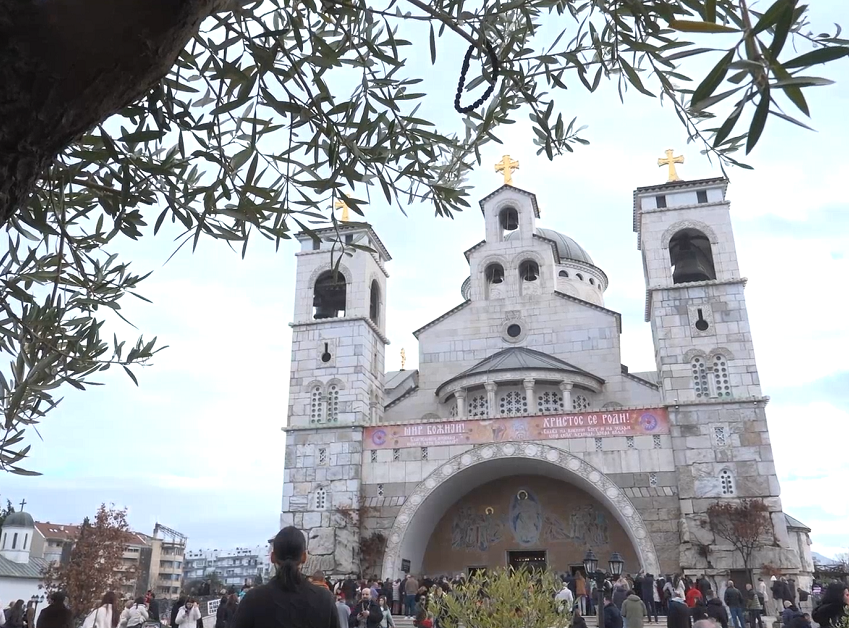
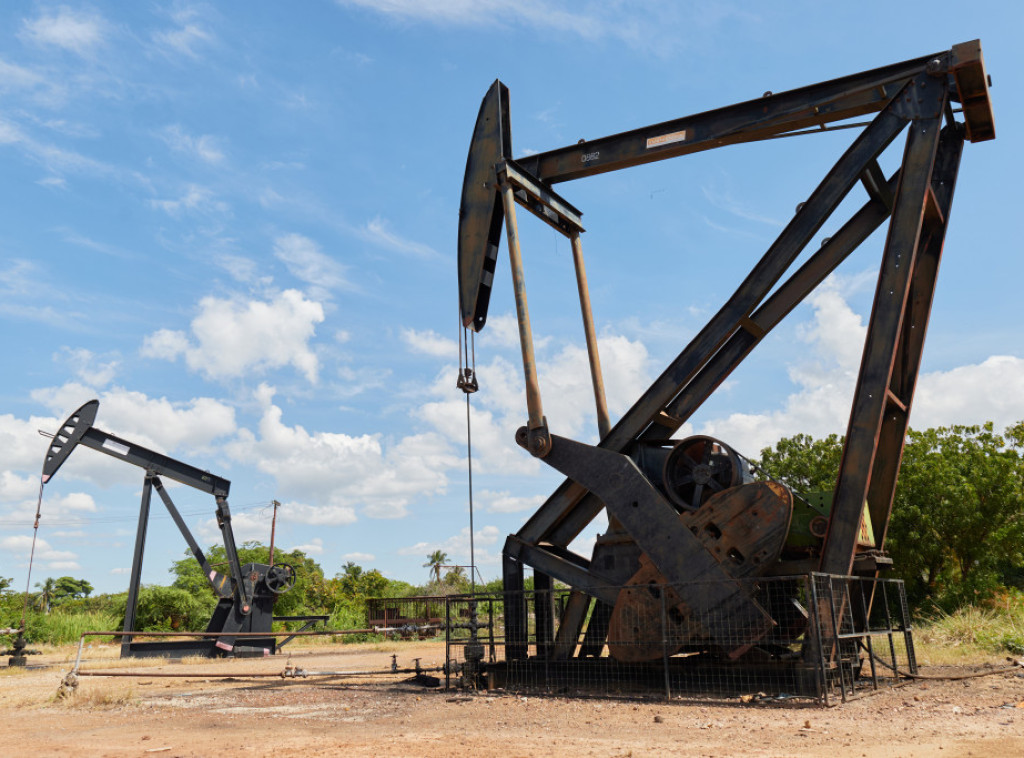
7. januar 20:30

7. januar 18:10

7. januar 16:13

7. januar 22:06

7. januar 22:10

7. januar 21:54

7. januar 20:59


7. januar 22:28


7. januar 22:12
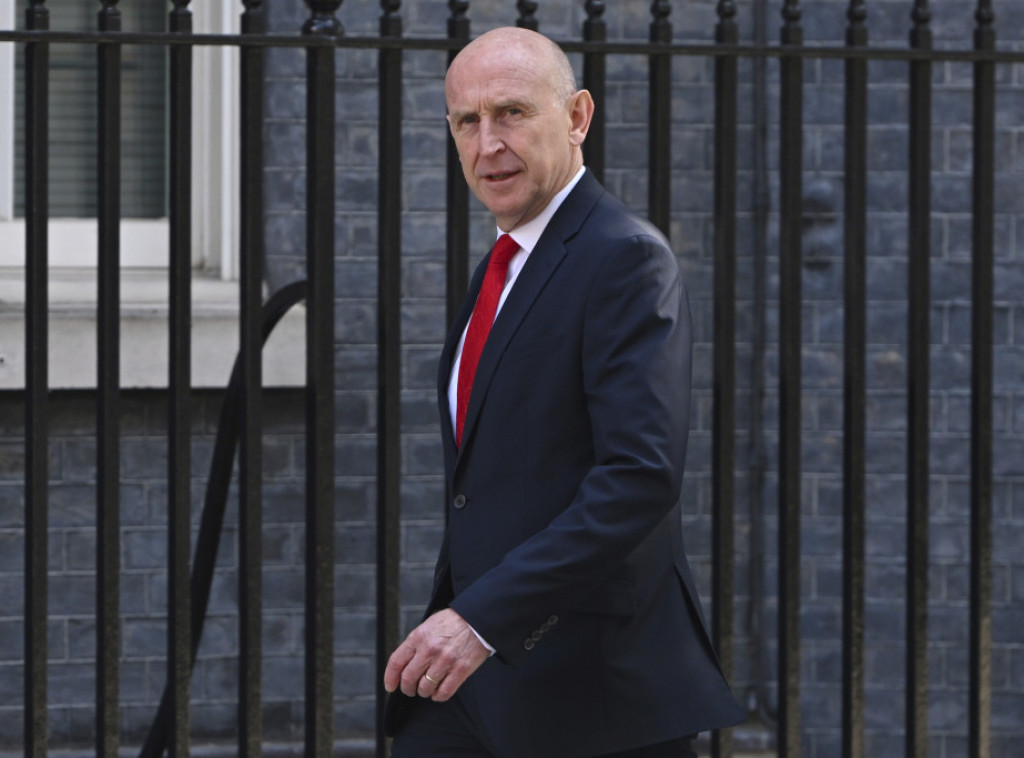
7. januar 22:06


7. januar 17:33

7. januar 16:37

7. januar 15:53

25. novembar 17:40
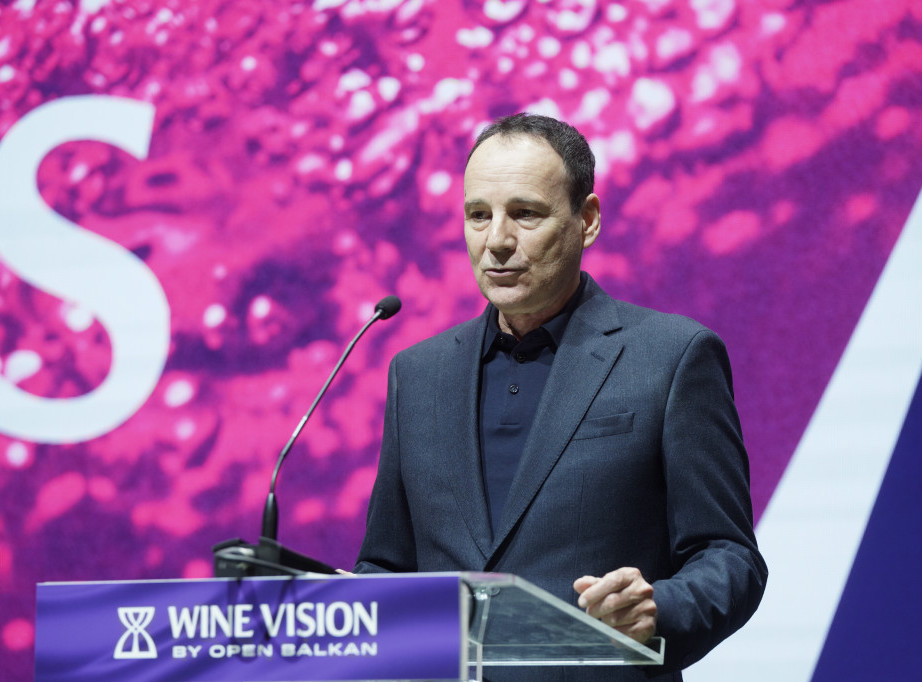
24. novembar 14:51

23. novembar 17:21

23. novembar 15:59

7. januar 07:00

4. januar 12:14
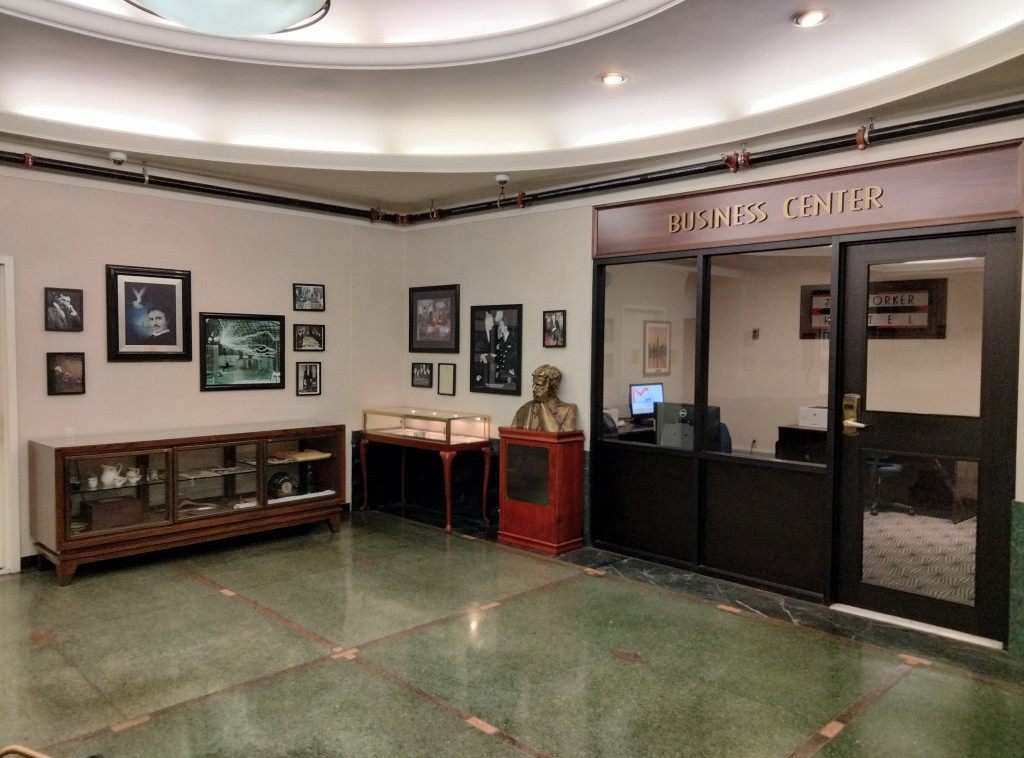
28. decembar 09:30

21. decembar 09:30

6. januar 12:16


6. januar 16:14

6. januar 16:53
